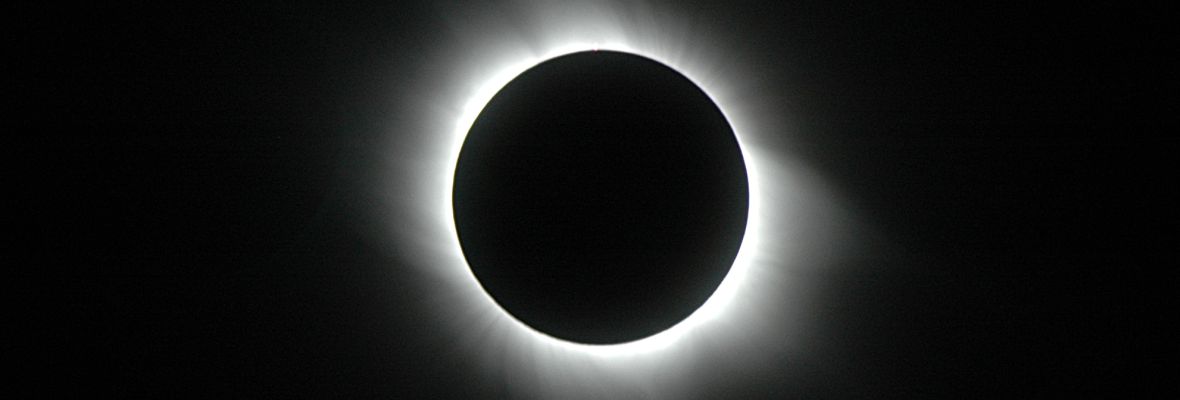Exciting changes are on the way!
As part of our merger with Polar Latitudes, we’re refreshing key elements of our website to reflect this new chapter. Discover more in our latest news update.
What’s on your bucket list? It’s likely that the top two on your list are to visit Antarctica and to experience your first – or another – a total solar eclipse above floating icebergs.
With Albatross Expeditions you’ll get to experience both when, on Saturday, December 4, 2021, a precious totality will be visible the Weddell Sea off the coast of mainland Antarctica.
Totality occurs when the Moon blocks the Sun and affords all within the Moon shadow’s path a brief naked-eye view of the Sun’s white, wispy corona. For guests of Albatross Expeditions, these wondrous moments will last from between 40 and 1 minute 41 seconds, depending on the exact position we observe from.
However, as well as being able to experience the wonders of totality during your dream trip around Antarctica, there are other reasons why the only total solar eclipse in 2021 is unmissable:
- Totality will occur over the iconic icescapes and floating icebergs of the Antarctic Peninsula.
- It’s rare for a solar eclipse to be observable so low in the sky.
- We may see the Moon’s shadow racing towards us.
- There is no total solar eclipse in 2022.
- The “White Continent” won’t experience another total solar eclipse until 2039.
Given clear skies, guests will be able to observe totality close to the horizon; in the area of the Weddell Sea that we expect to view this eclipse, the Sun and Moon will be just 8° above the southeastern horizon.
Not only will that afford a terrific view of the eclipse just above the icy environment of Antarctica, but it means your images could feature spectacular and colourful context that’s rare in photographs of eclipses. Bring a 50-100mm telephoto lens for the best chance of capturing the magical moments.
The low angle of this eclipse will also give us the chance to see the Moon’s shadow approaching. It’s not an easy thing to see from the ground, but since the Moon is so low in the sky we’ll be looking almost straight into its shadow.
However, it won’t get completely dark. Many people looking forward to their first experience of a total solar eclipse presume that the sky will go completely dark during totality. During December in Antarctica, which experiences an almost 24-hour sunlight, darkness may even be a welcome relief. Though it will be briefly near-dark for us on 4 December, 2021 – largely because of the low position of the Sun and Moon – expect a deep twilight rather than a pitch black.
In clear skies, we may also be able to spot Venus, Jupiter and even Mars, though for those precious few seconds our gaze will be fixed on the eclipse.
For those that do make the trip, it’s sure to be memorable whatever the weather. That goes double because of its rarity. Not only is there no total solar eclipse in 2022, but celestial mechanics are such that a total solar eclipse only occurs in Antarctica every 18 years, 11 days and eight hours. The next one is not until will be on December 15, 2039.
So once you’ve viewed the icescapes, icebergs and mountains, and seen the seabirds, seals and penguins, you’ll get the chance to experience one of the great total solar eclipses ever witnessed as together we get thrown under the Moon’s mightly shadow.
A proper collector’s solar eclipse, your trip to Antarctica promises to be a proper once-in-a-lifetime voyage.



